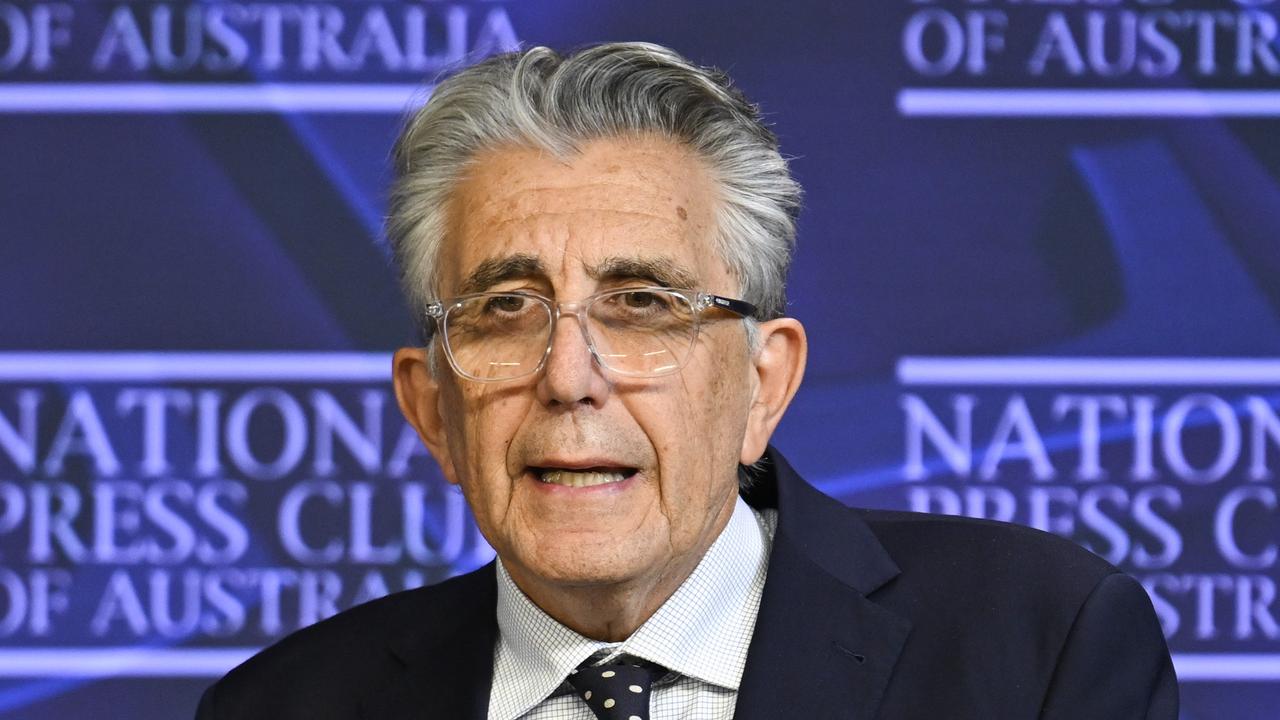Apple’s profits soar due to ‘anti-competitive’ behaviour
Tech giant Apple is entrenching, exploiting and protecting its market monopoly by imposing strict terms on app developers, the Federal Court has heard.

Tech giant Apple is entrenching, exploiting and protecting its market monopoly by imposing strict terms on app developers who want to make the most of the company’s massive customer base in Australia, the Federal Court has heard.
The claims were aired on the first day of a blockbuster 16-week trial in Melbourne in which Epic Games, the creator of Fortnite, has accused Apple of abusing its market power by charging 30 per cent of all money made on mobile apps and not allowing their own payment services.
It has also accused Google of anti-competitive conduct with its own app store, Play Store.
Four separate cases — all claiming similar grievances against the two companies — have been combined to expedite the matter, with the courtroom packed full of more than 50 lawyers and representatives on Monday.
Opening the trial on behalf of Epic Games, Neil Young KC said: “Our case is that Apple is making exceptional profits in relation to the app store year on year at an increasing rate.”
“This is a strong indication that Apple is not subject to competition,” he said.
Internal Apple documents will reveal the company’s executives “contemporaneous assessments about the outstanding level profits”, Mr Young said.
As well, Apple believes its app store is an “economic miracle” but despite this does not concede it is “exceptionally profitable” Mr Young said.
Mr Young said Apple retains “complete discretion” over what applications are displayed in its store, and developers are forced to sign up to terms set by the company if they want to test and develop apps for use in it.
Developers need to pay an annual fee of $USD99 to use Apple software to develop apps, they pay a 30 per cent commission to Apple for any sales on the app and they are restricted from setting up their own payment services to avoid what Mr Young called an “anti-competitive” rate.
The terms are “restrictive and exclusionary”, Mr Young said.
“We say their purpose is to entrench, exploit and protect Apple’s monopoly of iOS distribution,” he said.
Mr Young noted comparable companies have cheaper levies on their payment services, including Microsoft which charges 15 per cent, Shopify which charges 20 per cent and Epic Game’s own service which charges 12 per cent.
Mr Young said he had “almost no” documents from Apple to indicate why it charged 30 per cent and said there is nothing to indicate it “it sets its rate by competitive forces”.
After collecting payment for all sales in apps, Apple deducts its 30 per cent commission and remits the balance, but that takes between 45 and 75 days, Mr Young said.
“There will be evidence that Apple takes full advantage of that lag. It uses the funds in its hand … to provide all the capital that the app store needs,” he said.
“Return on capital is infinite because it uses someone else funds as its capital.”
While there are other android devices on the market, the court heard a majority — 51 per cent — of mobile devices in Australia are Apple devices, Mr Young said.
“Developers are not likely to forgo access to such a valuable base of customer particularly given the stickiness of that customer base,” he said.
The court heard Apple did not supply Epic with documents outlining the business case as to why they charge a 30 per cent commission rate, and the tech company wanted its profit margins kept secret.
Apple charges a levy on all digital content transactions, for example buying clothes for characters in a game, but not physical content, because it is “high in revenue” the court heard.
Another key part of Mr Young’s opening argument was that while some competition does exist in the mobile market, consumers are not likely to switch from Apple to android phones. Mr Young said there will be evidence that users decide to buy devices based on camera quality, design, controls and function but “digital content figures at the very bottom of the list”.
As well, he said: “iPhone users are loyal to the iOS operating system” and research pointed to this.
Apple will attempt to argue it is just an intermediary providing services for which it is paid, rather than supplying app transactions, Mr Young said.
Apple, Google and Epic Games executives are expected to give evidence at the trial. Epic will open its case against Google on Tuesday.








To join the conversation, please log in. Don't have an account? Register
Join the conversation, you are commenting as Logout